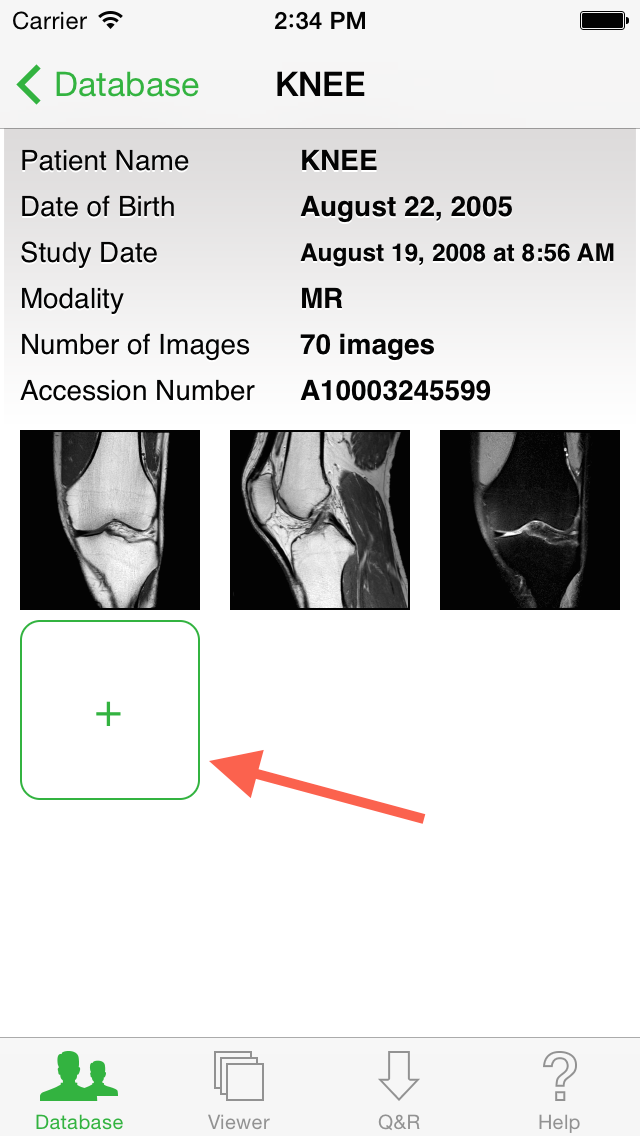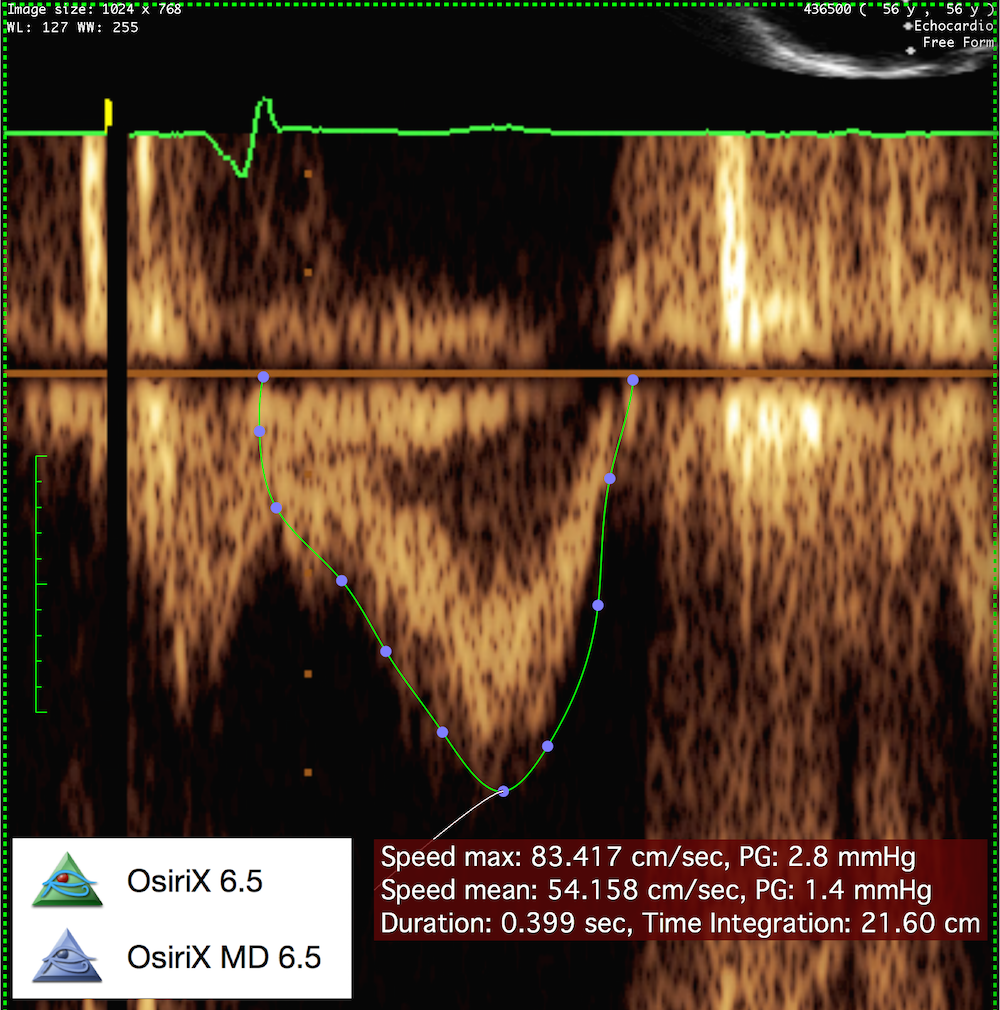

The meridian reconstruction will appear in either the the upper left or lower left quadrant depending upon how far you rotate the crosshairs in the coronal pane.

jpg settings and save the file in the patient's folder. somewhere in Documents:Plaque Simulator Patients:). Navigate the file save dialog to find the folder you previously created for the patient (e.g.In this tutorial, however, we will assume you are working with a set of transaxial CT images that cover the orbit at Export > Export to JPEG See the OsiriX documentation for assigning an AETitle and other DICOM networking issues. Osirix is a comprehensive MacOSX DICOM listener client that can receive images over your local network.Steps for preparing reconstructions for Plaque Simulator Meridian plane bisecting the eye through the tumor apex.Ĭoronal plane intersecting the tumor apex. Sagittal meridian plane bisecting the eye (12 to 6 o'clock meridian on the retinal diagram) These are the planar reconstructions for Plaque Simulator that you will create using OsiriXĪxial meridian plane bisecting the eye and intersecting the optic disc (3 to 9 o'clock meridian on the retinal diagram). Launch OsiriX by clicking on the Eye of Horus icon on the dock or from the OSX Applications folder.Įxample of Plaque Simulator fusion of 3D model of eye and plaque with fundus photo and meridian CT reconstruction through the tumor apex with isodose lines.

Download OsiriX and install on your MacOSX computer.These reconstructions will be imported into Plaque Simulator and used to measure the size and shape of the eye and, in conjunction with ultrasound images and fundus photos, to precisely determine the tumor size, shape and location within the eye. Other reconstructions of interest are the meridian and coronal planes which intersect the tumor apex.

OsiriX is a DICOM listener and viewer that can manipulate 3-D data sets and export reconstructions of axial, equatorial and sagittal planes which bisect the affected eye as. OsiriX Tutorial OsiriX Tutorial for Plaque Simulator


 0 kommentar(er)
0 kommentar(er)
